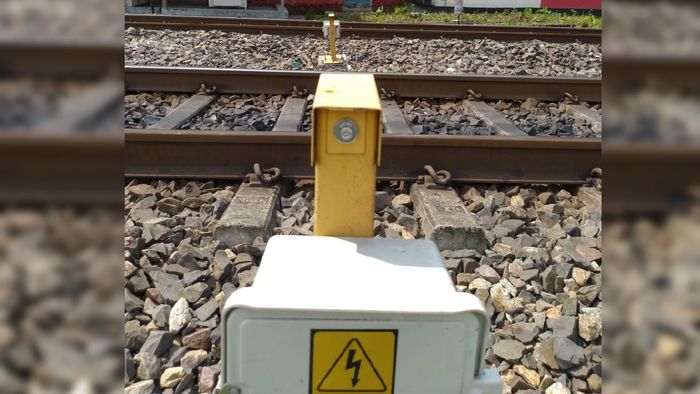Northeast Frontier Railway enhances train Safety with strategic hot box detectors
Northeast Frontier Railway has significantly improved train safety by installing Hot Box Detectors at critical stations. These detectors help identify and prevent hot axle failures, ensuring safer journeys.

- Jun 11, 2024,
- Updated Jun 11, 2024, 9:41 AM IST
In a significant move towards improving the safety of train operations, the Northeast Frontier Railway (NFR) has strategically installed Hot Box Detectors (HBD) at critical stations to detect hot axle failures en route. These sensor-based HBDs are crucial in identifying overheated axles in running trains, enabling timely intervention by railway staff.
Over the past four years, the effectiveness of these detectors has been evident. During 2020-21, seven hot axle cases were detected on freight trains, followed by nine cases in 2021-22, fourteen cases in 2022-23, and a single case in 2023-24. This trend indicates a significant reduction in hot axle incidents, attributed to the proactive measures undertaken by the NFR.
The NFR has installed 16 HBDs across key stations, including Kamakhya (2), Guwahati (4), New Bongaigaon (1), Rangapara North (1), New Jalpaiguri (4), and Katihar (4). Positioned at the end of platform sides where trains undergo rolling in and rolling out examinations, these detectors play a vital role in maintaining the safety and punctuality of train operations.
Hot axle, caused by ball bearing failures due to continuous wheel movement, overloading, or faulty bearings, poses a significant safety risk. By detecting these issues early, the NFR can prevent potential accidents and ensure smoother, safer train journeys.
In addition to installing HBDs, the NFR is undertaking vigorous safety measures. These include counselling railway staff and enhancing inter-departmental coordination on safety standards. Such initiatives are crucial in preventing punctuality loss and ensuring the safety of both passengers and freight.